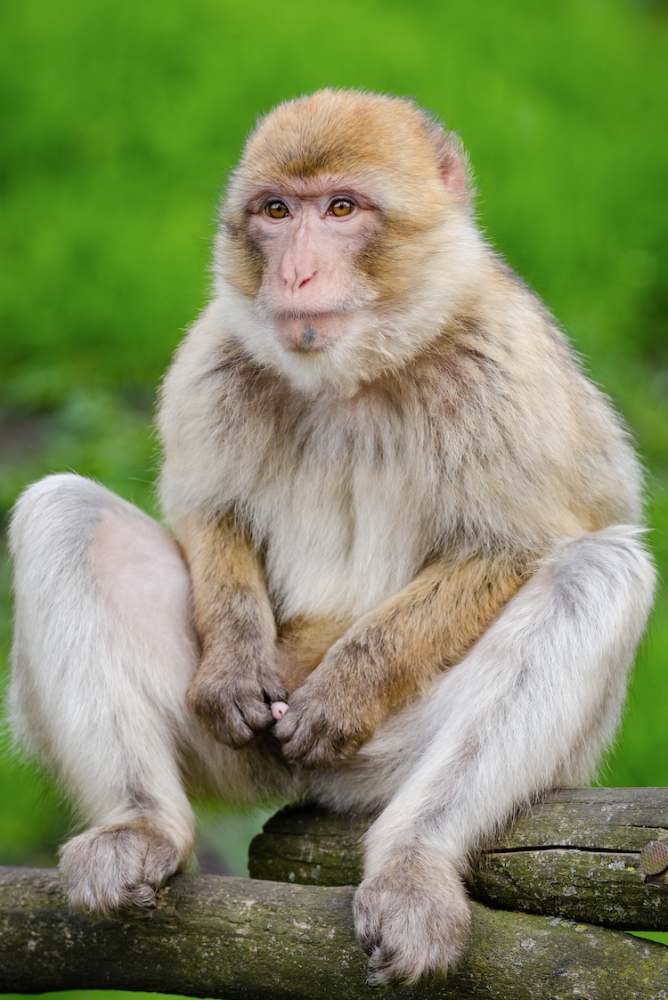NYU Primatology Aids in Puerto Rico Relief Effort
NYU Primatology’s quest to to check up on a monkey sanctuary hit by Hurricane Maria in Puerto Rico sparked a relief campaign.
October 4, 2017
On a small research island off the southeastern coast of Puerto Rico, almost 2,000 rhesus monkeys and several staff members on the island are still reeling from the effects of Hurricane Maria, which hit Puerto Rico on Sept. 20.
The monkeys currently living on the island of Cayo Santiago are descendants of an original group of 409 subjects released by former Columbia University professor Clarence Carpenter in 1938. Since then, several leading university programs, including the primate division of NYU’s Department of Anthropology, have conducted research on the island.
NYU Primatology is led by Assistant Professor of Anthropology James Higham. Higham has been working on Cayo Santiago for nine years — six of which have been for NYU. Along with colleagues and some graduate students, Higham studies the animals across their lifespans, observing factors such as overall development, genetics, reproductive success and cognition.
Several researchers live in Punta Santiago, a mainland Puerto Rican city decimated by Maria.
Higham, who used to live on the island as a researcher, flew into Puerto Rico Tuesday evening with supplies, such as water filters, solar lamps, radios and powdered milk for citizens. He also brought chainsaws and construction tools to see what can be salvaged and rebuilt.
“Part of the reason Punta [Santiago] was hit hard is because it was always poor,” Higham said. “Buildings are not built to very high standards. Most of city is very poor. They don’t have hurricane shutters, people aren’t equipped.”
According to Higham, the damage to the island has left some staff members with nothing.
“Some people that work on the island have lost everything and are living in hurricane shelters,” Higham said. “People don’t have water, they don’t have food, they don’t have power, they don’t have gas. People are living in heavily degraded or destroyed buildings. There are several staff members with babies, and they can’t get milk.”
The research facilities on Cayo Santiago have been completely destroyed.
Last week, when Higham and his colleagues realized they were not receiving any information on the status of Cayo Santiago, they dispatched a helicopter to fly over the island and surrounding areas. Angie Ruiz-Lambides, Associate Director of the Cayo Santiago field station, observed some of the surviving monkeys in her flyover of the island.
When the helicopter traveled over residential area Punta Santiago, however, Maria’s devastation was clear.
Ruiz-Lambides captured the above image of a distress signal painted in white on a city intersection, surrounded by collapsed buildings and devastation. The message reads, “SOS. Necesitamos agua/comida,” which translates to “we need water/food”.
This heartbreaking message is from our flyover of #PuntaSantiago. #Humacao #PuertoRico needs a bigger response, & it needs it now. pic.twitter.com/8d7UH4vw7Q
— NYU Primatology (@nyuprimatology) September 25, 2017
Higham later tweeted the image from the NYU Primatology Twitter account where it has received over 5,500 retweets. The image has since appeared on CNN and been tweeted out by celebrities. Ruiz-Lambides is also involved with a GoFundMe that has raised over $47,000 as of Tuesday evening.
“I used to live in Punta [Santiago] and I know a lot of people in that community,” Higham said. “I was just happy that [the tweet] increased attention. It meant that community was specifically targeted by the governor, who came with food and supplies and literally took a photo with people on that sign.”
Higham is also relieved that more attention is finally being given to the effects of Maria. Several politicians, including Senator John McCain, introduced legislation late last week urging the U.S. to aid in the recovery effort.
While Higham was originally planning to travel to the area to wrap up a research project, his priorities have changed.
“[Staff members] are living in hurricane shelters and still going to work and trying to rebuild,” Higham said. “I am first going to help the people and the monkeys, and then I will see what is salvageable of the project.”
To support the relief for Cayo Santiago employees, donate here.
To support the rebuilding of research facilities in Cayo Santiago, donate here.
Email Sakshi Venkatraman at [email protected].




























































































































































